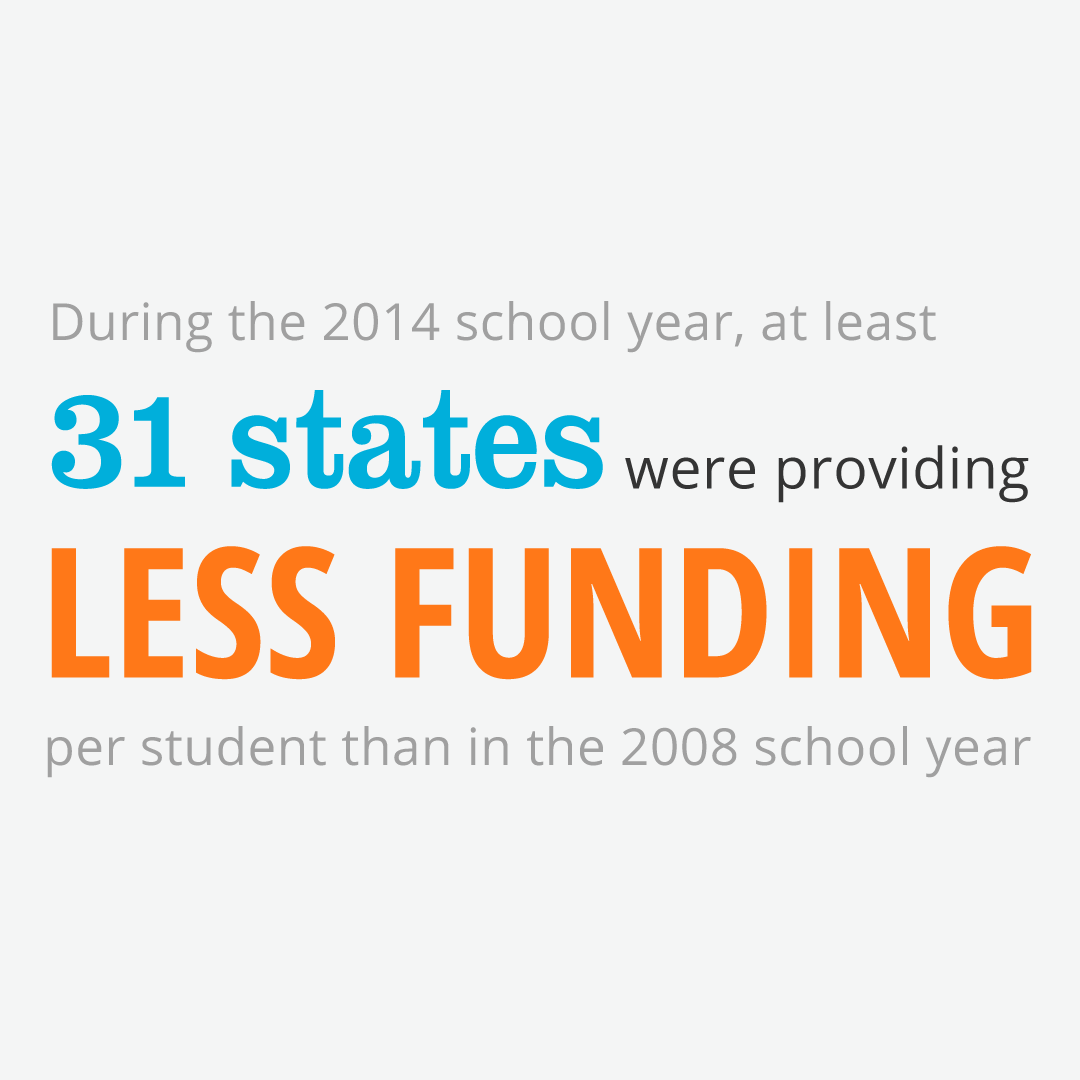This week the House Appropriations Committee completed work on Fiscal Year (FY) 2023 appropriations. During the week, the full committee marked up the remaining six appropriations bills, including Energy and Water; Commerce Justice and Science; Interior and Environment; and Transportation, Housing and Urban Development. Therefore, all 12 of the FY 23 bills now await consideration on the House floor.
ASCE is closely tracking the FY 23 appropriations process and has urged Congress to fully fund all programs that were authorized by the Infrastructure Investment and Jobs Act. In the coming weeks, the House is expected to take up and pass its appropriations bills, while the Senate Appropriations Committee intends to mark up its bills after the July 4th recess, however a mark-up schedule has not yet been made public.
Transportation, Housing, and Urban Development. The House provides $105.4 billion for the Department of Transportation, an increase of $2.4 billion compared to the FY 22 enacted level. This includes $78.4 billion in contract authority and an advance appropriation from the Infrastructure Investment and Jobs Act (IIJA) of $36.9 billion. The bill also includes $1.7 billion in earmarks, over three times the amount of earmarks from last year’s House bill. Other highlights include:
- $61.3 billion in contract authority for the Federal Highway Administration, as well as another $9.45 billion in advance appropriations.
- $18.7 billion for the Federal Aviation Administration, an increase of $193 million over FY 22. This includes $6.35 billion for the Airport Improvement program, split between FY 23 appropriations and IIJA advance appropriations.
- $17.5 billion for the Federal Transit Administration an increase of $1.19 billion from FY 22. Funding includes $3 billion for Capital Investment Grants, which is $764 million above FY 22 and is combined with another $1.6 billion in advance funding for FY 23 from the IIJA.
- $3.8 billion for the Federal Railroad Administration, representing an increase of $501 million from FY 22.
- $1.2 billion for the National Highway Traffic Safety Administration
- $775 million for the Rebuilding American Infrastructure with Sustainability and Equity (RAISE) grant program, which is equal to FY 2022.
Commerce, Justice, and Science. The House would increase spending levels across agencies under the CJS title by almost ten percent from FY 22 levels, totaling $86 billion for FY 23.
- The National Institute of Standards and Technology (NIST) would receive almost $1.5 billion, a 20 percent increase from FY 22 levels, which includes $953 million for core NIST research activities. ASCE’s request was $1.4 billion.
- The bill would provide the National Oceanic and Atmospheric Administration (NOAA) with $6.8 billion, which is an increase of $908 million from FY 22. Additionally funding at NOAA is focused on priorities such as climate research and mitigation, improvements in weather forecasting, understanding sea level rise, and STEM education. For example, the bill would provide NOAA for the first time with $9 million to update Climate Change Projections out to 2050.
- The bill would provide the National Science Foundation with almost $9.6 billion, a boost of nine percent from FY 22, with increased funds going towards climate science and sustainability research. ASCE’s request was $11 billion.
Interior and Environment. The House provides a total of $44.8 billion for programs under Interior and Environment. This funding includes $11.5 billion for the Environmental Protection Agency, representing $2.5 billion above the FY 22 level.
- The bill includes $1.75 billion for the Clean Water State Revolving Fund (CWSRF), which is below the $3.17 billion ASCE requested, but above the FY 22 enacted level. The CWSRF appropriation also includes $1.5 million for the Clean Watersheds Needs Survey, a long standing ASCE priority.
- The Drinking Water State Revolving Fund would receive $1.13 billion under the House bill, equal to the FY 22 level, but far below ASCE’s request of $2.27 billion.
- WIFIA would receive $80 million, $10.5 million above the enacted level from FY 22 and ASCE’s request.
- Brownfields would receive $131 million, $39 million above the enacted level and $119 million below ASCE’s request.
- The bill includes $65 million to fund ten new water infrastructure programs authorized by the Infrastructure Investment and Jobs Act. These programs include technical assistance grants for emergencies, midsize and large drinking water system resilience, clean water research, stormwater grants, and a water data pilot program to name just a few.
- The National Park Service would receive $3.6 billion, which is $304 million above the FY 22 level and $800 million above ASCE’s request.
Energy and Water. The FY 23 Energy and Water appropriations provides $56.275 billion for the Department of Energy (DOE), U.S. Army Corps of Engineers (USACE), Bureau of Reclamation, and other agencies. The bill provides nearly $8.9 billion for USACE, a $545 million increase from the FY 22 enacted level nearly a $2.3 billion increase from the FY 2023 budget request. USACE funds include $2.475 billion for the construction account, and $2.32 billion for Harbor Maintenance Trust Fund projects, and $7.2 million for USACE’s Water Infrastructure Finance and Innovation Program (Corps WIFIA). In addition, the National Levee Database received $3.5 million. DOE would receive $48.2 billion, including $350 million for the Electricity account which supports DOE’s Office of Electricity and Grid Deployment Office.
Homeland Security. The House bill provide the Department of Homeland Security with $85.7 billion, including nearly $20 billion for major disaster response and recovery, and an increase of $2.7 billion from FY 22. In total, the bill provides the Federal Emergency Management Agency (FEMA) with $25.9 billion, an increase of $1.7 billion from FY 22. This includes $350 million for FEMA’s Flood Hazard Mapping and Risk Program and $370 million for Emergency Management Performance Grants.























































